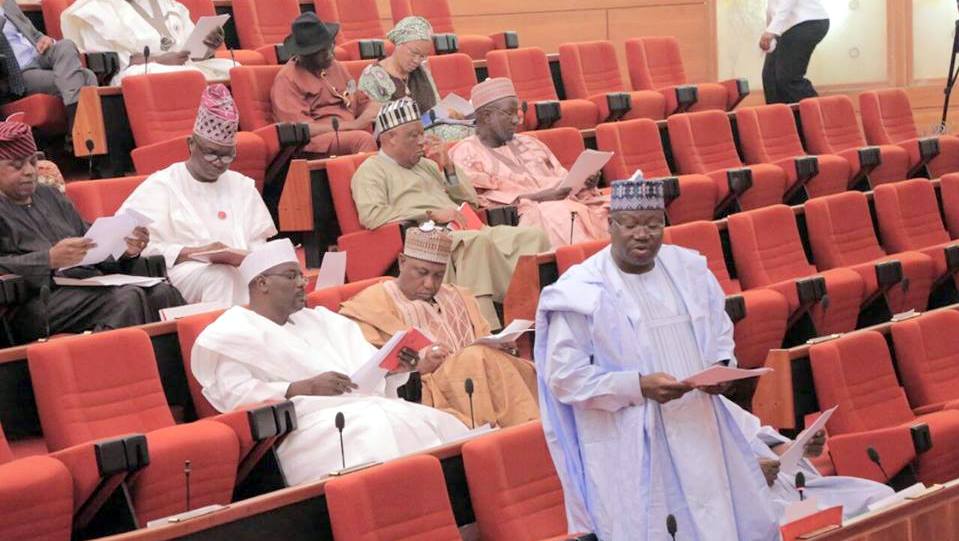Governance is inclusive when it effectively serves and engages all people; takes into account gender and other facets of personal identity; and when institutions, policies, processes and services are accessible, accountable and responsive to all members of society.
Without doubt, the management of Nigeria’s ethnic, language and religious diversity, must have necessitated the adoption of federal system of government when Bernard Bourdillon the Governor-general at that time initiated and laid the foundation of federalism in Nigeria in 1939 by creating three provinces- northern, Western, and eastern provinces (with present-day state boundaries). Federal character principle is one of the means devised by the Nigerian nationalists to prevent the [pre]dominance of persons from a few states or ethnic groups in the political governance of Nigeria by ensuring that the composition of the Government of the Federation reflects the federal character of Nigeria.
This principle, which is one of the autochthonous features of Nigerian federation, became formally institutionalised in 1979 when the framers of the defunct 1979 Constitution introduced it into the Nigerian corpus juris. This principle is sacrosanct even if the President elect did not get massive votes from some of the states, tribe or region.
Therefore, in view of the intrigues in the contest for principal offices of the incoming 10th National Assembly, the position of Senate President should be zoned to the South East for inclusiveness. Also, since the position of President and Vice President-elect is already occupied by the Yoruba and Hausa tribes respectively, it makes sense for an Igbo-man to occupy the position of Senate President in the spirit of WAZOBIA.
In addition, the claim by the Igbos of being marginalized in Nigeria’s political and economic sectors aftermath of the civil war is at the root of the agitation for Biafra republic with its associated violence. And one of the ways of being fair to them while ensuring peace, stability and unity of Nigeria for this incoming administration is to zone the office of Senate President to them. Furthermore, the current scenario of President-elect from South West and Vice President-elect from North East has antecedence that can be replicated now. Olusegun Obasanjo from South West and Atiku Abubakar from North East, from 1999 – 2007 were the President and Vice President respectively. During this period, the position of Senate President was zoned to the South East.
In conclusion, propaganda is a major tool politicians employ to fight political and psychological battles. It is a smart way to tell people black is white and make them believe it. However, hate speech, fake news, propaganda and strategies employed by politicians in the last election created an enormous ethnic and religious divide in Nigeria. Therefore, with 2023 elections over, this is the time for healing and the inclusivity of political leadership will go a long way to assuage those that were hurt. It will help create a national canvas on which the Bola Tinubu administration will run as it aims to rebuild Nigeria.








More Stories
Bringing Life to Ajaokuta Steel Company
Reconsidering the cybersecurity levy
Tinubunomics: what’s working, what’s not, why and way forward